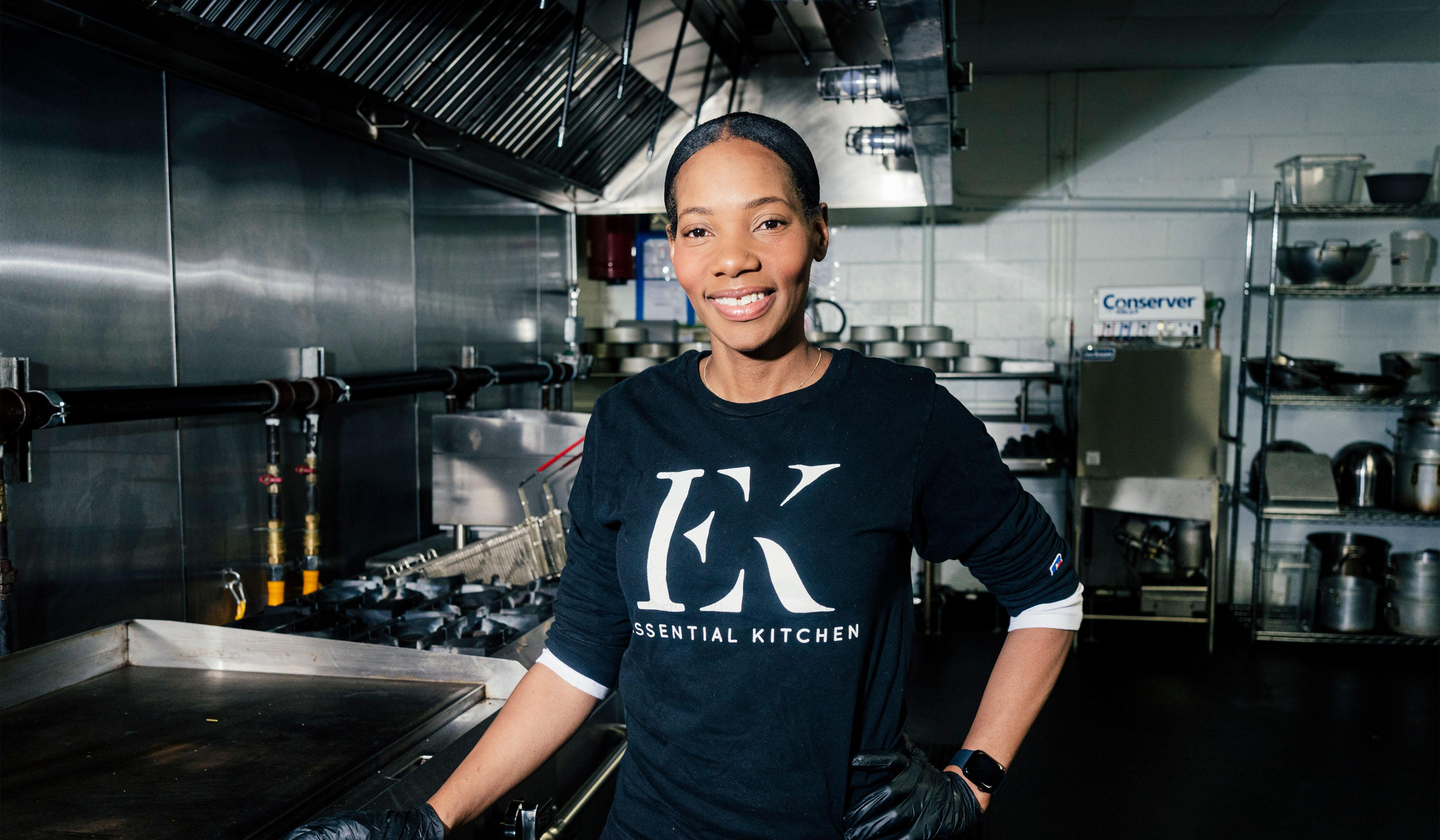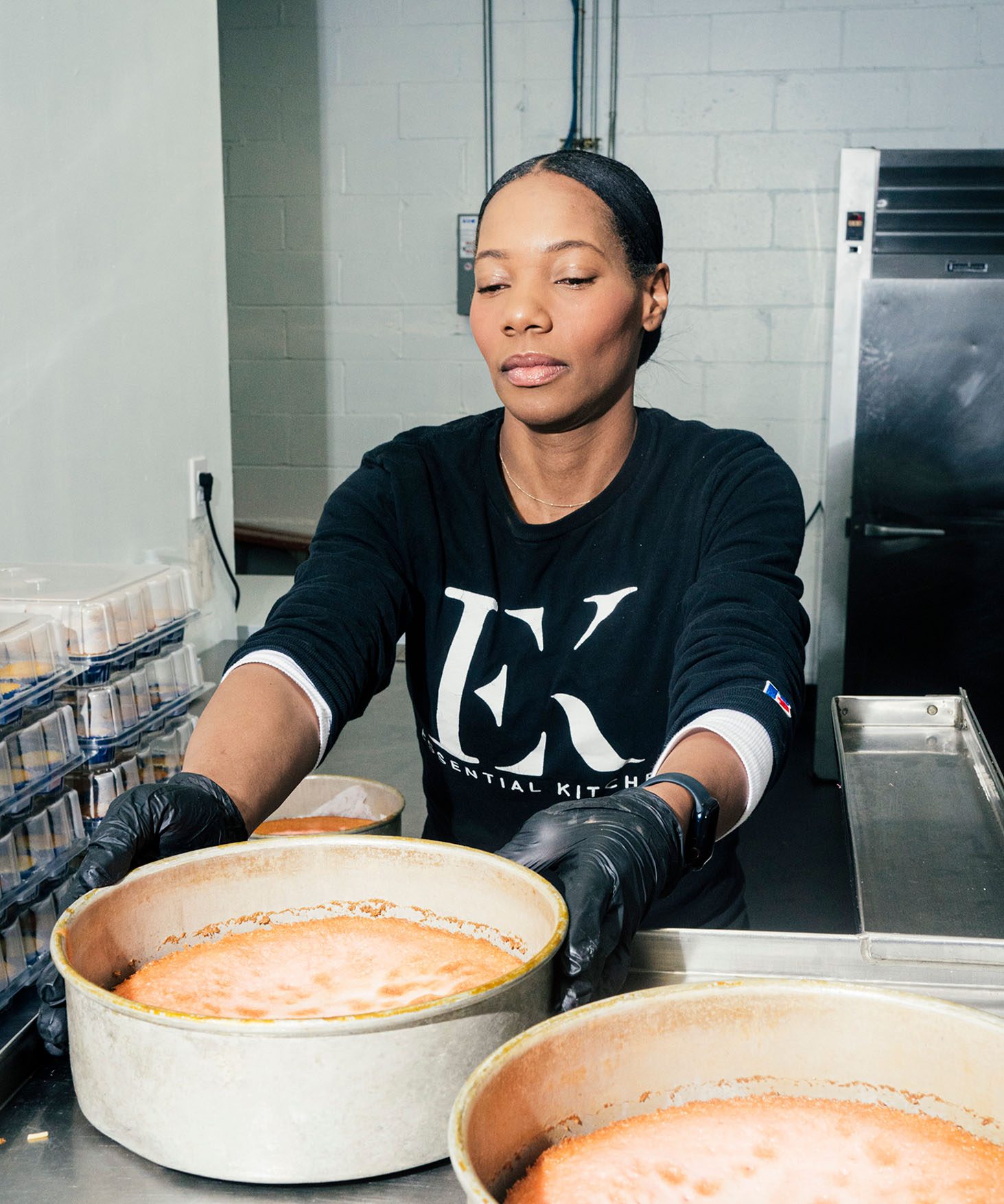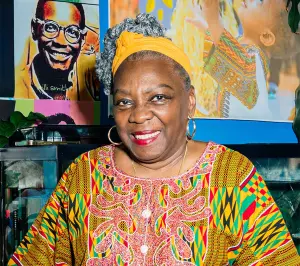2022
Dianna
Rose
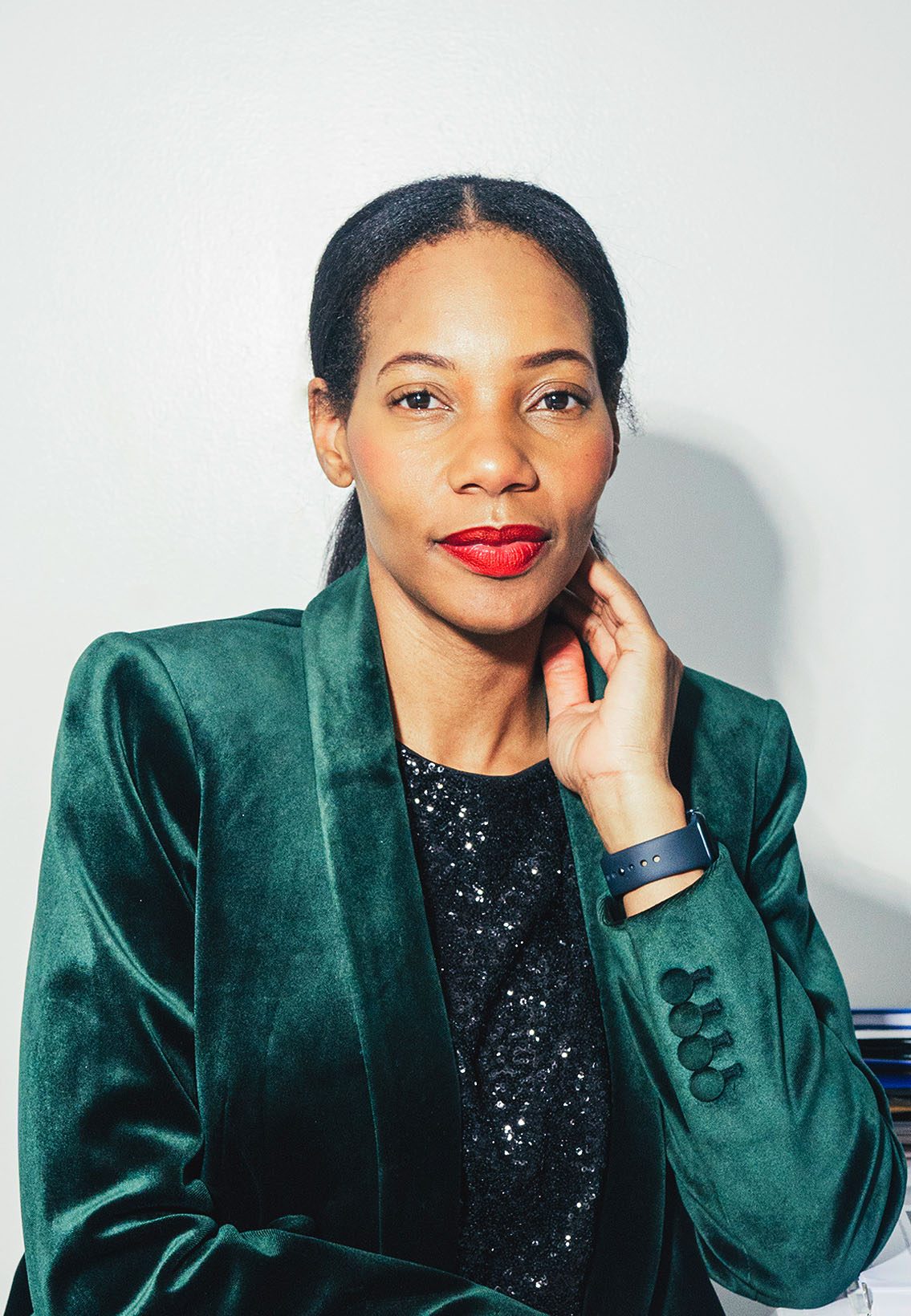
Dianna Rose is a dynamo. She’s a woman of faith, a mother, a champion of environmental sustainability, and a serial entrepreneur who never stops channeling her prodigious energy into helping her community flourish.
Dianna looks back at her childhood in Southeast Queens with nostalgia and pride for the sense of togetherness, safety and security her friends and neighbors created. “There's something so special about growing up in the 80s and the 90s,” Dianna recalls. “It didn’t matter what block you were on, it was just community. You’d go outside to play and your friend's mom would make sure you got something to eat. And then the next time your friends came over to your place your mom would feed them. That’s what community was.”
This sentiment stuck with Dianna as she grew into who she is today. From ensuring that the predominantly Black and Brown Southeast Queens community wasn’t left out of broader conversations about climate change, to feeding those in need during the city’s darkest hour, Dianna has consistently put community first, pulling her collaborators and like-minded people up with her along the way.
Dianna and her family started from humble beginnings. Her parents left their native Jamaica in 1983 to settle in Jamaica, Queens. There, they managed to make the best of their circumstances in the so-called land of opportunity: her mother opened a hair salon, while her father ran his own electrical company. “They were both business owners. They were in control of their time and in control of their finances,” she says.
Witnessing her parents gave her an early understanding of the importance of doing things for yourself. “I was always business-minded,” she recalls. “My friends and I were always planning, ‘Okay, so what are we going to do this summer?’ Was it going to be a lemonade stand, was it selling bracelets? It was always something.”
Her most profitable money-making effort? “Looking back, it was the most lucrative — and asinine — operation ever,” she laughs. “I used to charge the girls on the block to watch their baby dolls. They’d all drop their baby dolls at my house and I’d watch them.”
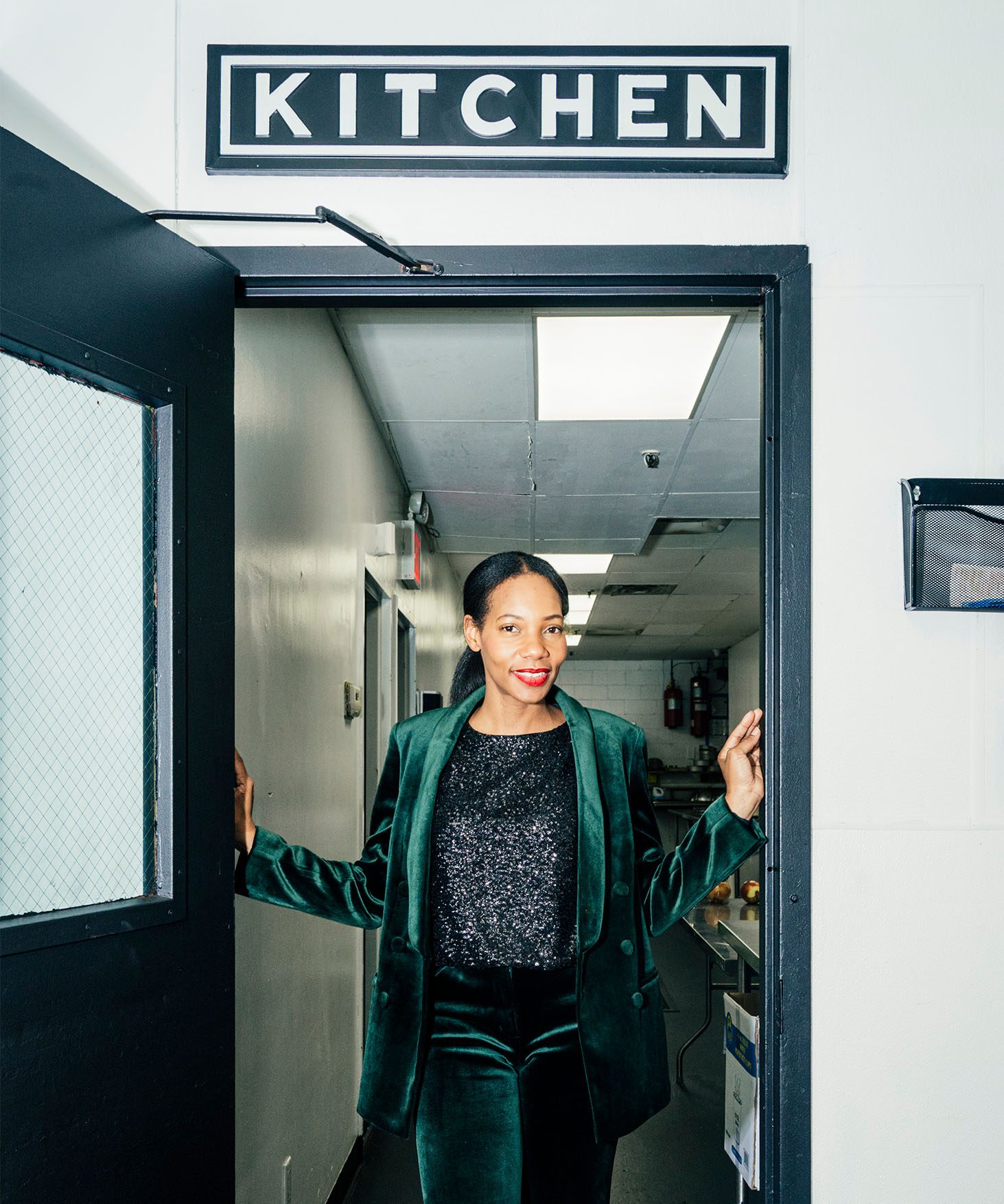
It wasn’t until Dianna started college as a pre-med student that she realized just how ahead of the game her family was.
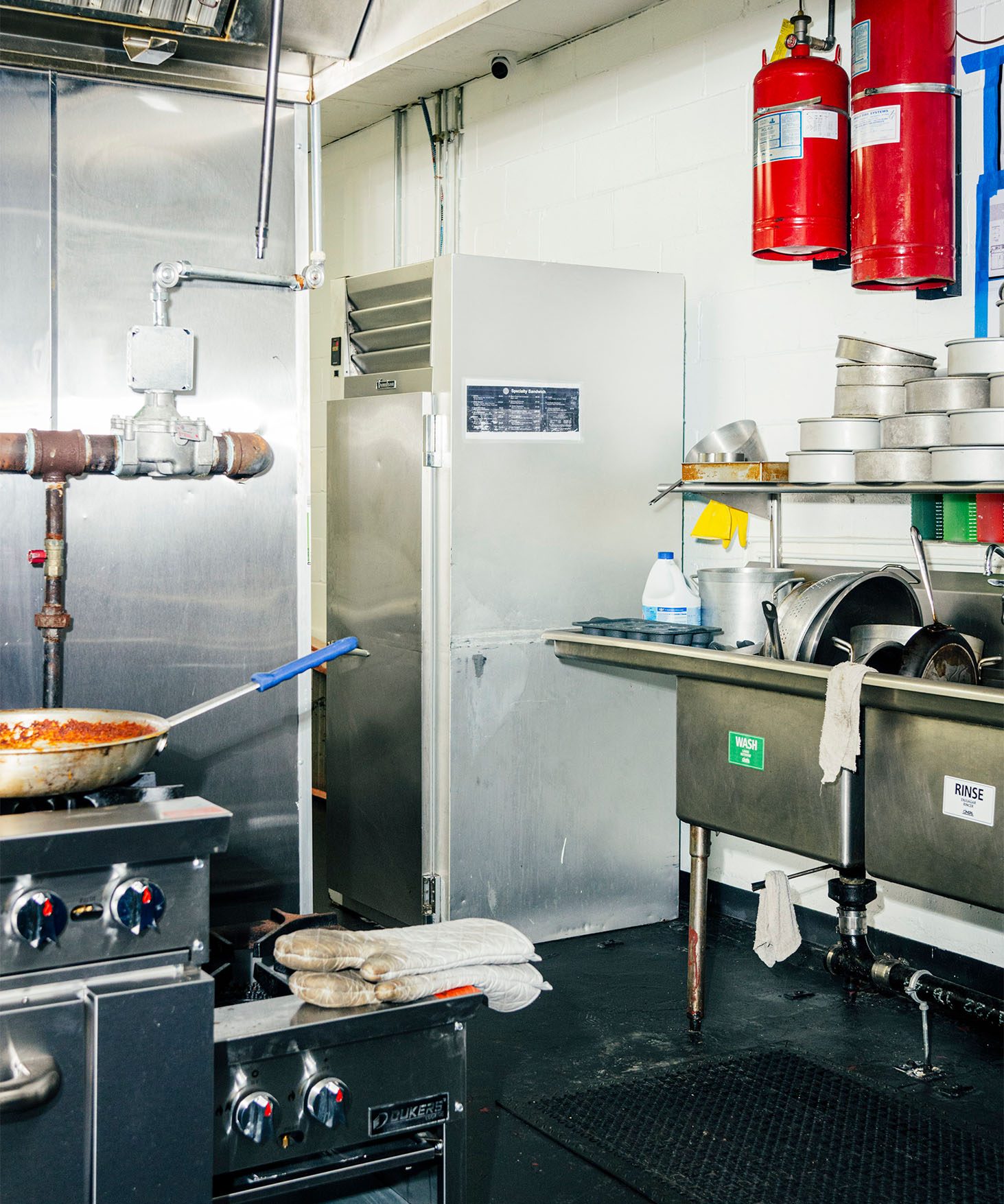
Concerns about environmental sustainability may have only entered the mainstream American consciousness in the last two decades, but for Dianna, living sustainably was part of her everyday life years before she was at the forefront of the movement in her community.
From reusing plastic bags as shower caps and trash bags to saving leftovers no matter the amount and passing down clothing to younger relatives, reducing waste was routine for her family. “Growing up in my Caribbean household, we had a certain respect for nature. I remember my grandmother would peel an orange, let the rind dry, and use it for tea or crush it up and use it for balm,” Dianna recalls. “We washed out cans and reused mason jars. Nothing went to waste. Not things we could reuse.”
As normalized as this was in her bubble back in Queens, it wasn’t until Dianna started college as a pre-med student that she realized just how ahead of the game her family was. She stumbled onto a new passion while attending a Chronic and Communicable Diseases class at Hofstra University. As the course dissected wellness and health and its direct relationship to disease prevention, Dianna had an epiphany that would forever change her career trajectory.
“I realized the correlation between what I was learning at Hofstra and living in Southeast Queens,” she says. Not only were they talking about the same cost-saving, environmentally friendly habits that she had practiced growing up, but she realized this information was being gatekept in institutions far away from neighborhoods and spaces like the one she grew up in. “Shortly afterward, I declared my major in community health,” she says.
In 2008, she started her first foray into community organizing, Her Sustainable Life. It was a forward-thinking social media platform that sought to educate Black and Brown people on environmentally friendly habits and healthy eating. Her goal was to democratize information she believed didn’t belong behind an elitist paywall.
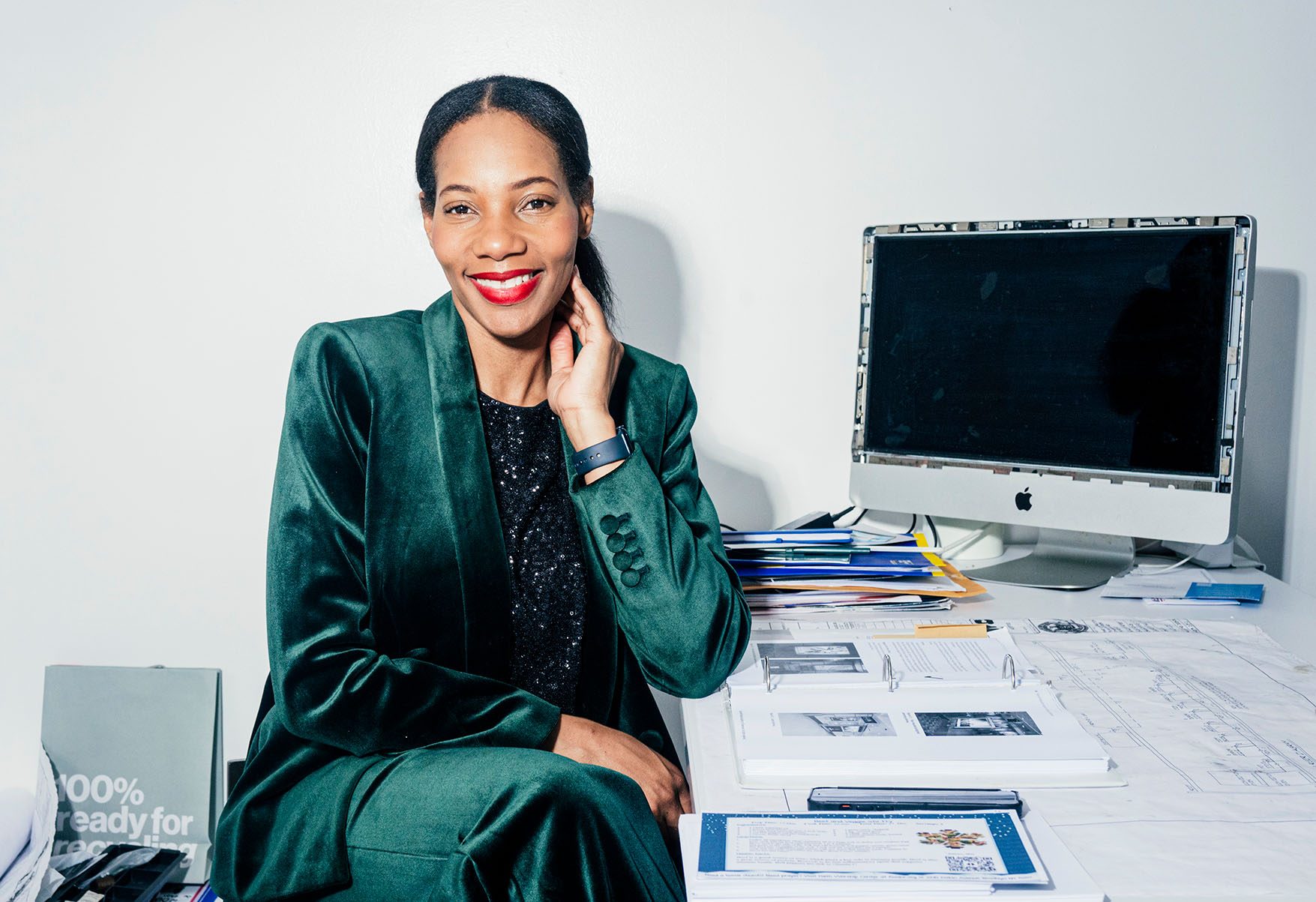
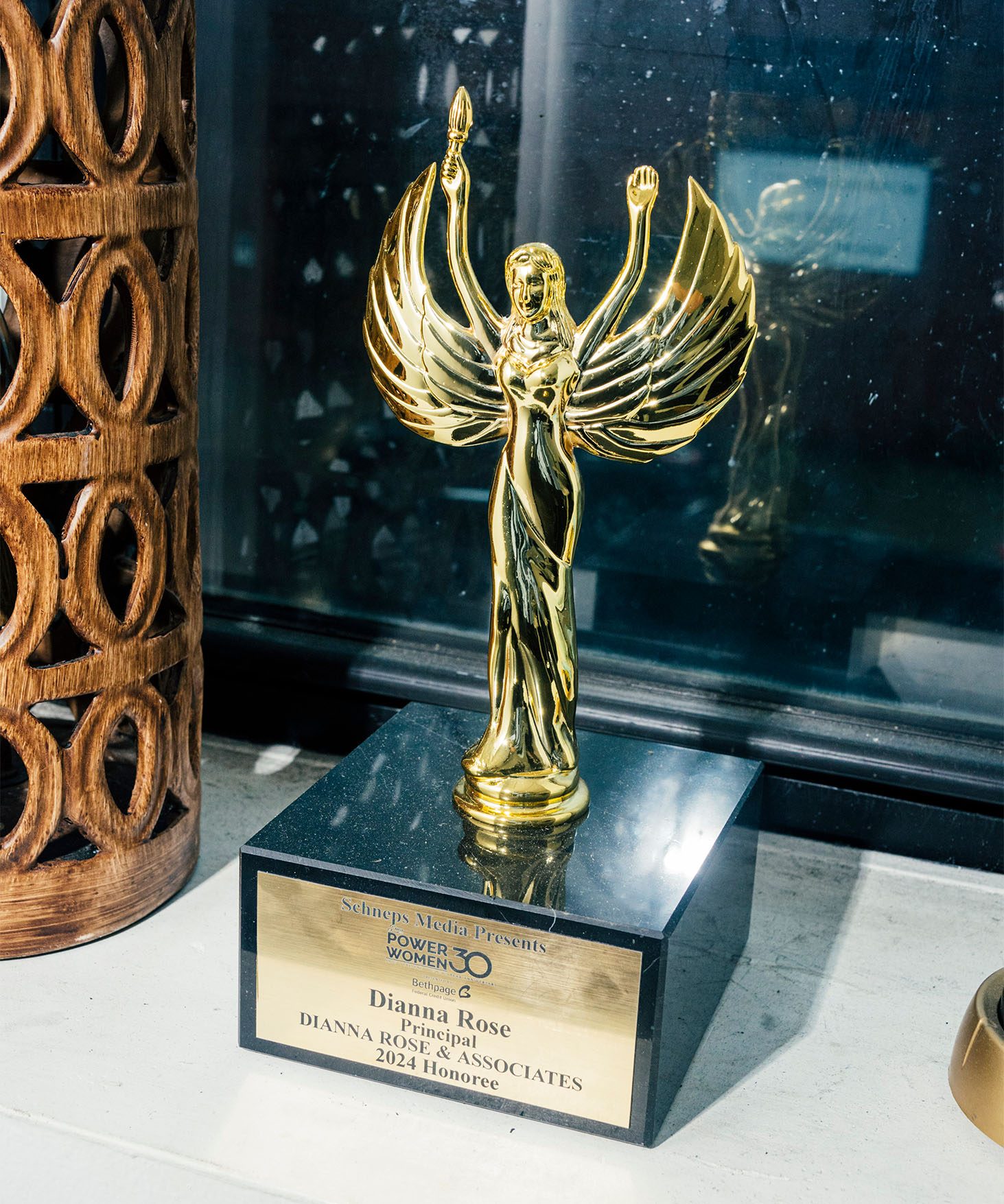
“I just wanted those watching to understand that sustainability was something that most Black and indigenous people of color had always done and were pioneers of.”
“It was a response to the annoyance that I felt in my college career,” she says. “When they talked about sustainability at Hofstra, as a predominantly white school, it wasn't relatable to me at all.”
Dianna was ahead of the Internet curve with Her Sustainable Life. She produced groundbreaking content, centering indigenous sustainability practices, on platforms like Facebook, and later Instagram long before TikTok made this genre of informational bite-sized videos an Internet standard.
“I just wanted those watching and following to understand that sustainability was something that most Black and indigenous people of color had always done and were pioneers of. It was like demystifying sustainability at a time when it was being glorified as this white movement.”
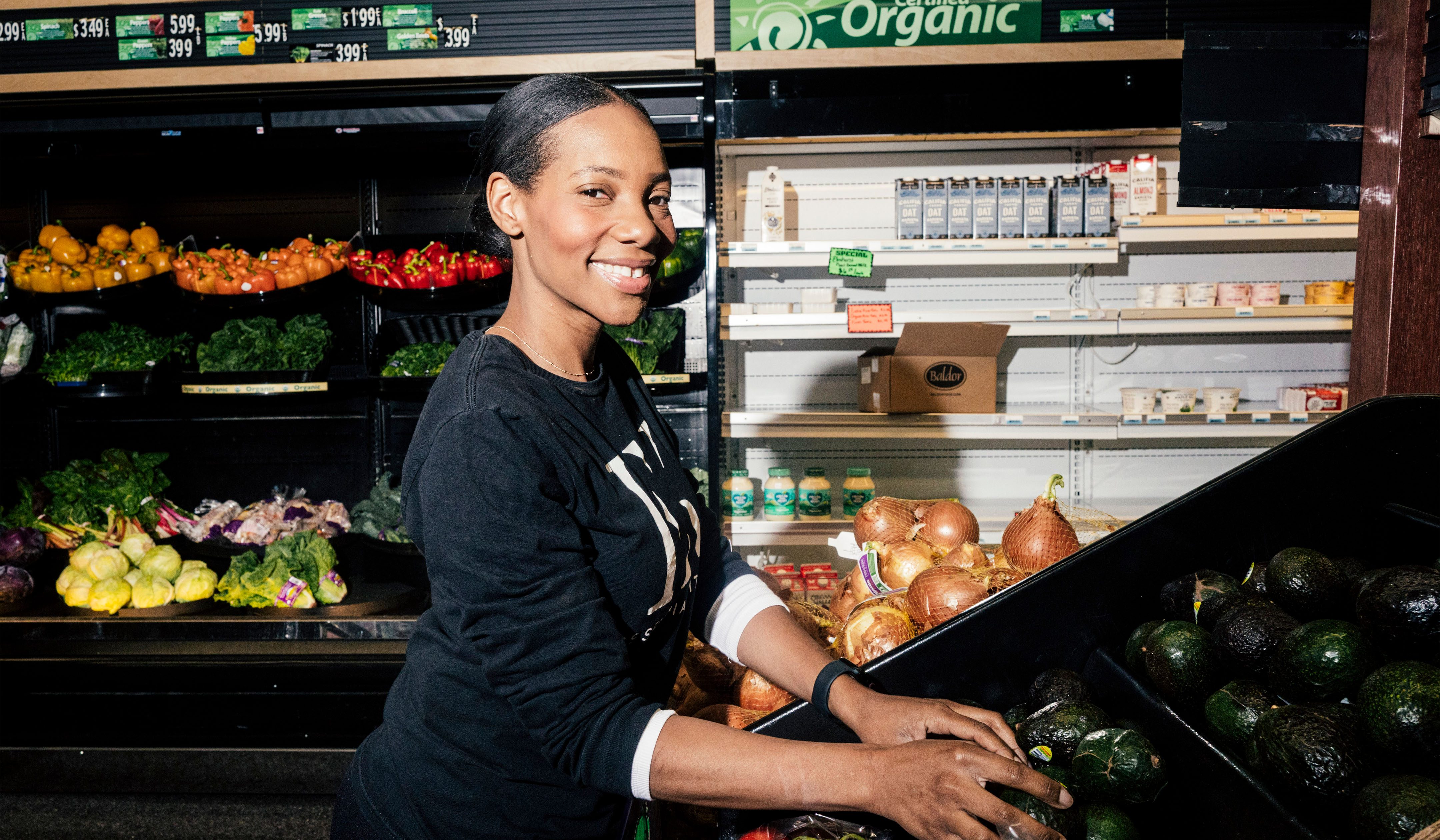
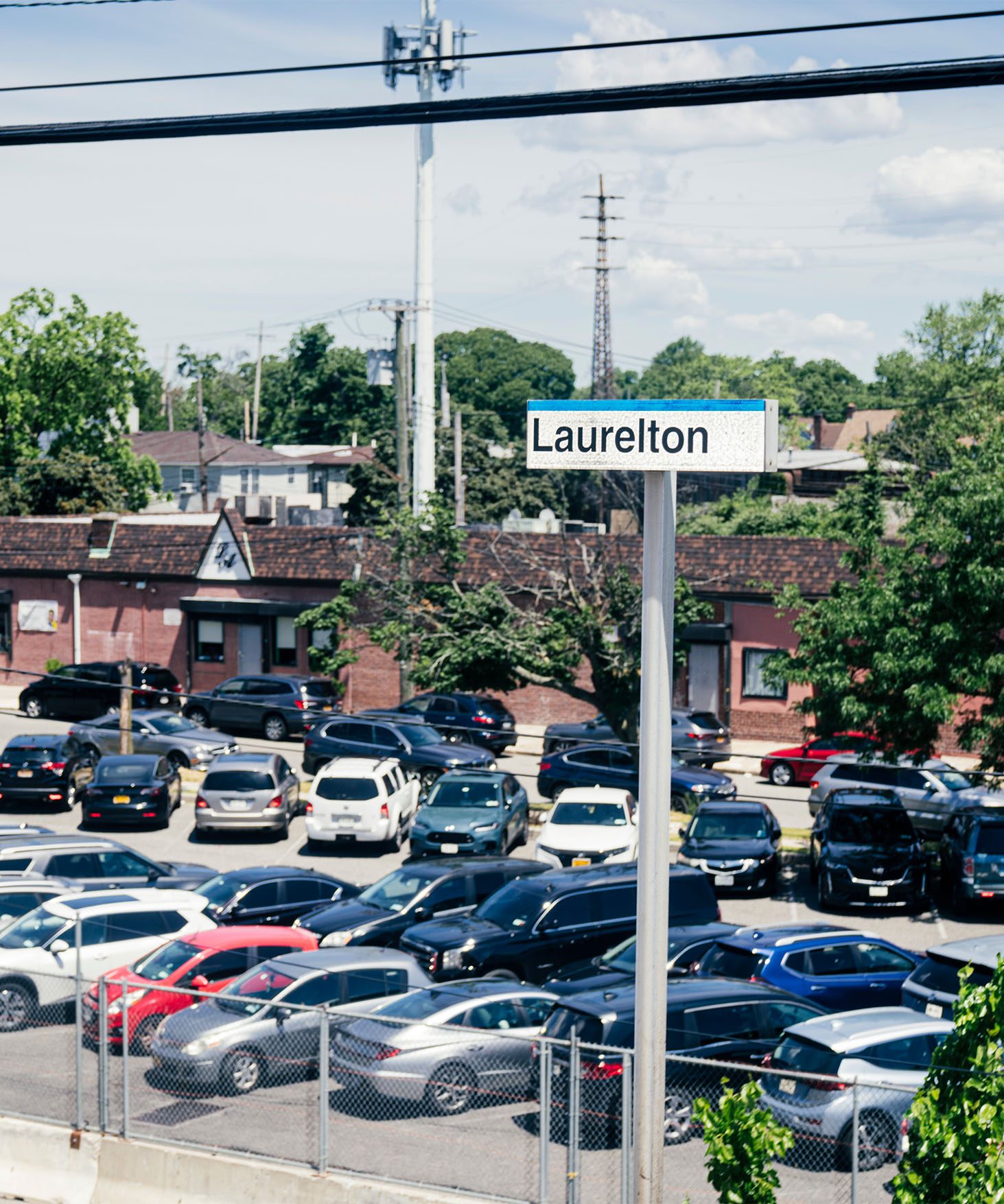
Dianna would spend the next few years pouring all of her time into helping southeast Queens however she could.
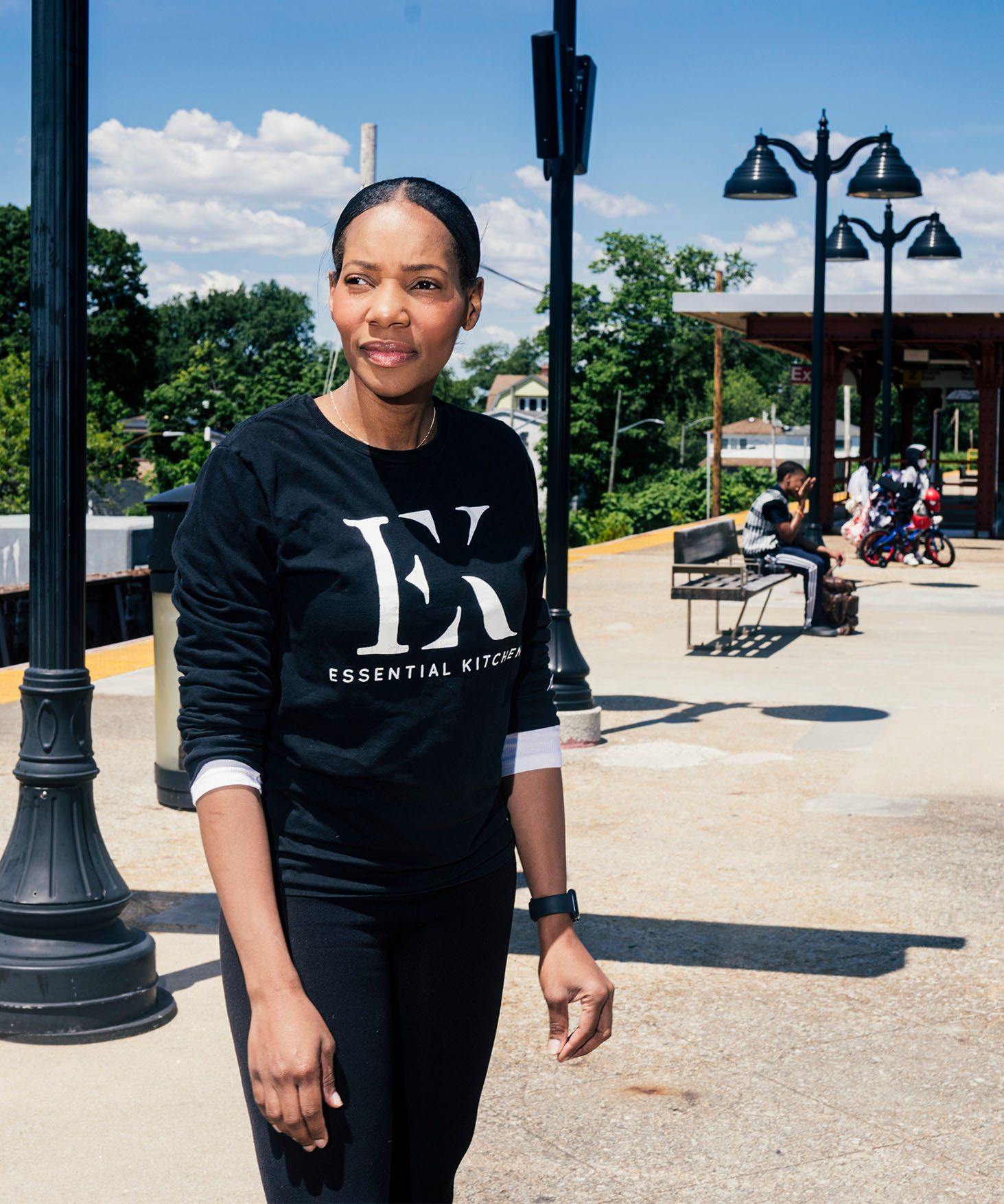
It wasn’t long before her Internet presence garnered the attention of movers and decision-makers in her home borough. Her Sustainable Life’s first collaborator was the Queens Public Library. She did a series of presentations there, finding huge success translating her digital resource into a public forum, which caught the attention of her local leaders.
“That series was my first introduction into real community action because I met and partnered with then Council Member Donovan Richards shortly afterward,” she says. “And we just started doing community work with them.”
Supporting Dianna’s vision was a no-brainer for Richards, who’s since been elected Queens Borough President. The meeting kicked off a long-term partnership between the two. “It’s obvious to anyone who has ever developed a relationship with Dianna that she represents the very best of Southeast Queens,” Richards says. “From our drive to overcome our circumstances to our dedication to the community we call home.”
Dianna would spend the next few years pouring all of her time into helping Southeast Queens however she could. She formed a young women’s group at Springfield Gardens High School where she coached 75 girls on sustainability and how to use that knowledge to strengthen their community. She also started working with State Senators James Sanders Jr. and Leroy Comrie, who’d bring her to Albany to spread her message of equity in learning environmental responsibility and health statewide.
Over time, Dianna became one of the more recognizable, hardworking figures in Southeast Queens’ active civic community thanks to her consistent advocacy for healthy habits.
In 2018, she’d take that level of engagement and turn it up a notch when she started her second venture, Jars Of Delight. The origin of the business, which serves clean Caribbean-fusion eats with zero waste, is an unlikely one. “I used to cater for a friend who was an MMA fighter,” Dianna says. She served these meals in jars. And when he had finished his meal of leafy greens, fiber-rich grains, fruits and nuts, he’d return the jar to Dianna, avoiding waste at any point in the exchange.
When the professional fighter shared the inventive meal in a jar on his Instagram, it became an instant hit. “He told me, ‘Hey, some of my other MMA people want to order what you’re making,’” Dianna says. Seeing another opportunity to get more people eating healthily, she started what she calls “a simple mason jar meal prep service.”
What began as a favor for a friend quickly swelled into a full-blown business. In two months’ time, Dianna was making more money selling these healthy meals than she was at her actual nine-to-five, all while retaining the zero-waste promise behind the jar concept.
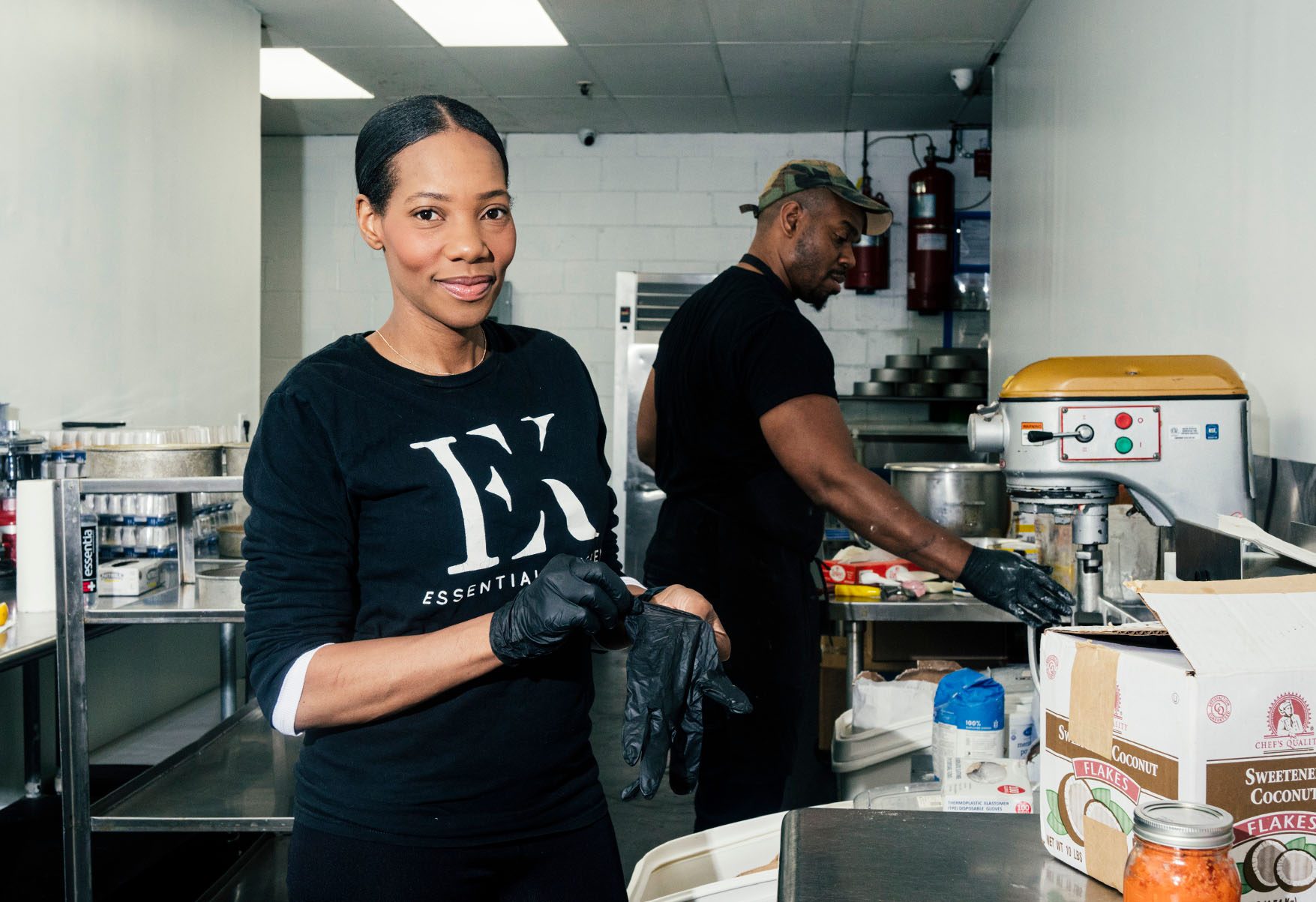
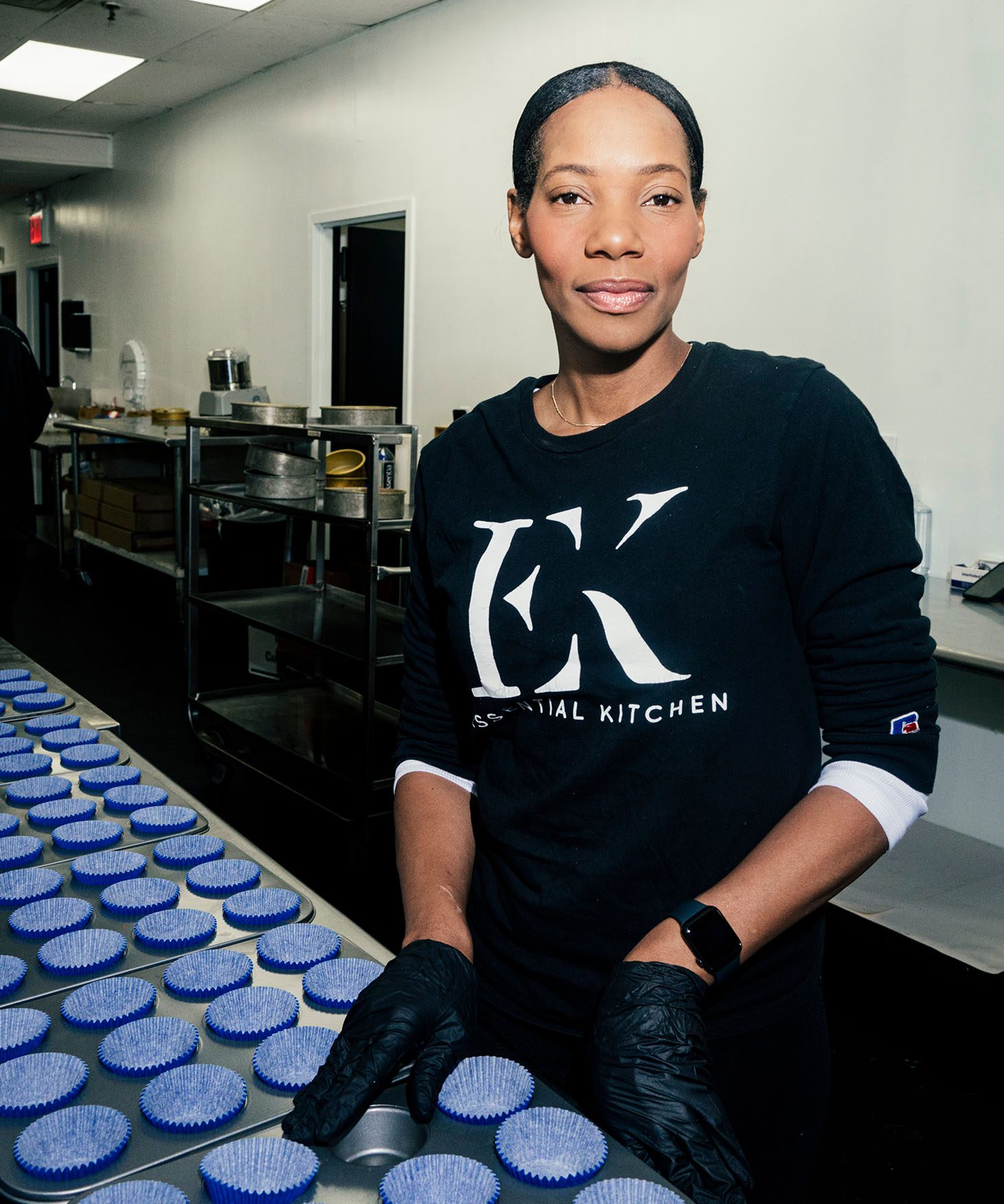
“Local and small businesses are the bedrock of sustainable, high-functioning communities. If local businesses are doing well, then the community does well.”
Scaling up wasn’t just a matter of making more food and managing mason jar returns. It also meant pumping money into the community’s economy. All of the produce used in Jars Of Delight is organic and locally sourced from food markets and distributors in Southeast Queens or farms around the state.
Jars Of Delight grew until in 2019 it was catering events for corporate clients, serving groups as large as 350 people. But just as the company was reaching new levels of success, the COVID-19 pandemic upended all of its growth. “My first cancellation was Google,” Dianna remembers wistfully. “We were supposed to do a big summit for them in March of 2020. From there, cancellations just started rolling in.”
What could’ve been the end was just another new beginning for Dianna. Ever the maverick, she turned the loss into an opportunity to provide for her community in a real way.
“Because of the relationships that I had with my elected officials in Southeast Queens, they called me and said, ‘Hey, can you provide meals for the community,’” she says. “So I pivoted from Jars Of Delight to Boxes Of Delight, and started by providing 100 meals a day for those in need throughout the city.”
As the city reeled from the impact of the pandemic, providing these emergency meals in compostable, biodegradable boxes led Dianna to a six-figure contract with the New York City Department of Health. With the additional resources, Boxes Of Delight served 3,000 meals a week across the city during the pandemic.
And still, Dianna found the time and energy to address another need in her community — and make some history along the way. In August 2020, she opened the Laurelton Farmers Market, the first-ever Black-owned farmers market in the Southeast Queens region, giving residents an additional way to access quality foods. “As horrible a time as it was, it was the best time to launch something like that in our community because it created an open-air market and a safe space for people to find and purchase fresh produce.”
It also served as an economic stimulus. For local business owners who had either been laid off or were on the brink of being out of work, the market provided a place to sell their goods and services. “Local and small businesses are the bedrock of sustainable, high-functioning communities,” she added. “If local businesses are doing well, then the community does well.”
Southeast Queens residents who watched Dianna grow have given a special title to this trailblazing entrepreneur: “community cultivator.”
In 2021, Dianna looked to expand her mission in another new, bold direction with the creation of Essential Kitchen, a 65-square-foot shared community kitchen in Jamaica, Queens. Through its classes and workshops, the Kitchen is an incubator not only for culinary talents of all skill levels but for upstart entrepreneurs looking to leverage those skills into a career. Essential Kitchen is especially interested in developing Black and minority-owned businesses, with seminars all about the finer details behind starting a food business. Classes cover everything from incorporating useful technology into a food business to Food Department safety guidelines.
Dianna knew Essential Kitchen was an ambitious project. And she felt the squeeze of that ambition shortly after its opening as she struggled to keep it going to the standard she expected. Looking for a way to keep the flame of her ideals alive and with little to lose, she took a shot and applied for The David Prize.
“I applied 15 minutes before the deadline,” she admits, adding that she thought her chances were slim. “I just spoke honestly. No fluff, just what I envisioned doing with the money, and that was it.”
To Dianna’s surprise, just a few short months later she was one of the five New Yorkers selected for the grant. The funds made the difference between a slow, arduous grind keeping the doors open for as long as she could, and giving Essential Kitchen the immediate love, care, and boost of attention it needed to thrive.
She also says that winning The David Prize has provided leverage and a platform to do even more. “When other platforms and outlets see that you’ve been awarded The David Prize, it's an automatic green flag,” Dianna explains. “It's ‘Oh, maybe this is someone we should support.’ I can't tell you how many meetings I've attended, interviews I've done where The David Prize has come up.”
She specifically praises the relationship she’s had with the organization since 2022, calling it a “tangible part” of her journey, with people who are committed to the future success of Dianna Rose. “They are always there. And to me that's bigger than the prize itself,” she says.
The kind of support and hospitality Essential Kitchen provides to New York encourages what Dianna calls a circular economy. “A well-oiled, functioning, circular economy provides access for everyone,” she explains. “Real access to opportunities and capital. Once you have that on a community, business, and health level, you have built a sustainable circular economy.”
With The David Prize backing her, the elaborate plan for Essential Kitchen worked exactly as she envisioned. “Watching her empower countless local entrepreneurs through her commercial community kitchen has been nothing short of inspiring,” Borough President Richards said.
And Dianna didn’t stop there. Recently she took on the role of Program Coordinator for the John F. Kennedy International Airport’s Institute of Concessions. As the airport undergoes a $19 billion renovation, she’ll be responsible for executing the Port Authority's vision to empower local businesses. By bringing minority-owned small businesses into the airport's roster of concessions, she'll continue to create wealth for entrepreneurs in her community.
Southeast Queens residents who watched Dianna grow have given a special title to this trailblazing entrepreneur: “Community Cultivator.” While she doesn’t know where the title originates, she has a simple interpretation of what it means. “It’s seeing a problem and doing something about it,” she says.
When looking at Dianna’s career thus far, it's a legacy so many people are proud to be a part of. “Simply put, Dianna embodies public service, and The World’s Borough is a better place to live, work, and play because of her,” Borough President Richards says of his dear friend. “Uplifting her work not only creates jobs and economic opportunities for our families, but it sends a message that you can, in fact, make a difference in your community. I can’t wait to see how many more young leaders step up to serve because of Dianna.”
